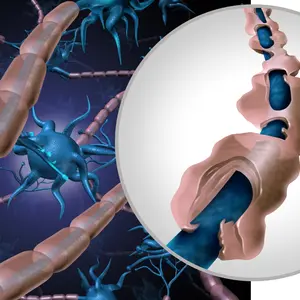

Chronic Conditions and Diseases

Chronic Conditions and Diseases
A Low-FODMAP Diet for Managing IBS
One in ten Americans suffers from irritable bowel syndrome, or IBS, a disorder that causes uncomfortable gastrointestinal symptoms such as cramping, diarrhea, gas, and bloating. Research has shown that diet can be an effective way to manage symptoms, and many people with IBS benefit from an elimination diet called the low-FODMAP diet.
FODMAP is short for fermentable oligosaccharides, disaccharides, monosaccharides, and polyols, all types of carbohydrates that are poorly absorbed. Some of the foods that contain FODMAPS include wheat, onions, garlic, beans, milk, apples, honey, and artificial sweeteners.
A low-FODMAP diet begins with a two-to-four-week phase of eliminating FODMAP foods. The next phase reintroduces specific FODMAP foods one at a time over a six-to-eight-week period, depending on tolerance.
The goal of this process is to identify which foods trigger IBS symptoms, so it is helpful to keep a food diary and track any gastrointestinal symptoms that arise. Everyone reacts differently to foods containing FODMAPs, so each person’s sensitivities will be different. Some people find they can tolerate small amounts of trigger foods with no symptoms.
The low-FODMAP diet has shown significant benefits in studies of people with IBS. A 2017 review of research published in Gastroenterology & Hepatology found that up to 86% of IBS sufferers responded well to the diet. Another 2017 study published in Clinical Gastroenterology concluded this diet improved quality of life among IBS patients after only four weeks, and those following the low-FODMAP diet were twice as likely to show these improvements than those following a more traditional diet.
For additional research on this topic, click here.
REFERENCES
Healthbeat. (2020, December 26). IBS? A low-FODMAP diet may help. Harvard Medical School. https://www.health.harvard.edu


 By
By







